Things Not to Do at a Poetry Reading.
I’ve been to way too many of these over the years, the unexpected curse of the “writing workshop.”
Granted, some have been lovely… others, gotta tell ya, deadly.
At the hands of the latter, I have learned, tortuously, the things that should never happen at poetry readings.
Thus, after years of mind-numbing abuse suffered during the monotonous readings of over-zealous authors, I bring to you, then, my top six
Things Not to Do at a Poetry Reading.
1. Do not mention journalism schools, alma maters, your writing mentors or who taught you English in Grade Two. No one cares. In fact, do not even let the word mentor pass your lips in any context for the duration of the event.
2. Do not approach the podium clutching a six-inch thick duo-tang folder housing a single spaced document that it seems you are quite intent on reading. Unless you have a coterie of muscular men blocking the exits.
3. Never announce up front exactly how many chapters of your four unpublished novels you are about to enchant your audience with.
4. Do not quote the ancients. They aren’t there and cannot defend themselves.
And the final two things never to do at a poetry reading:
5. Do not charge admission.
6.Do not serve Mexican.
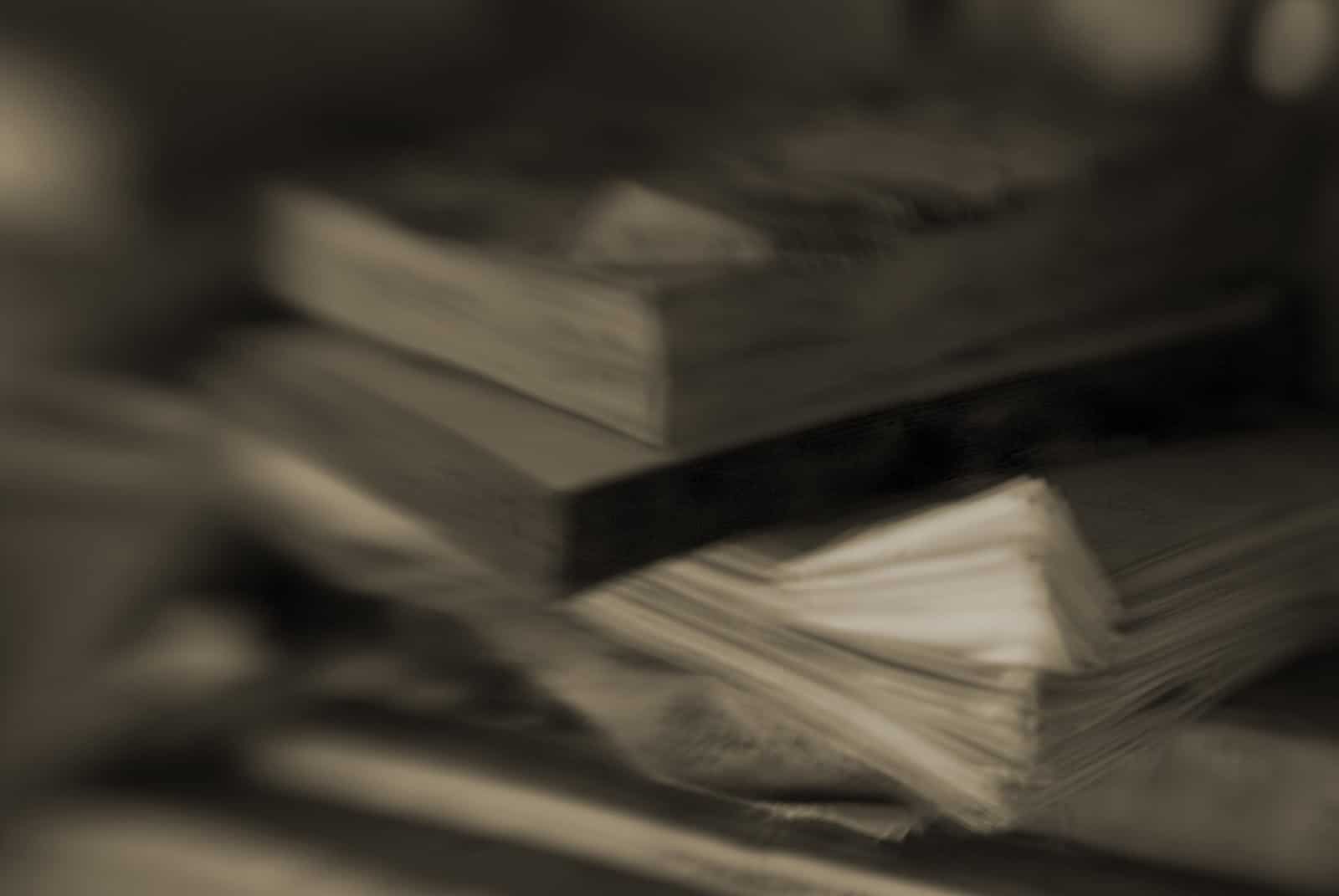
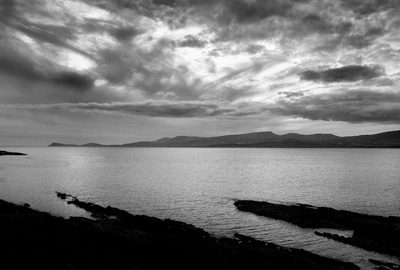
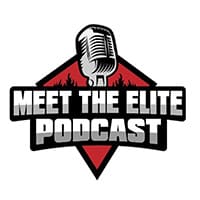

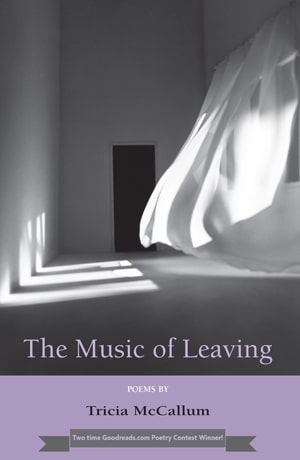


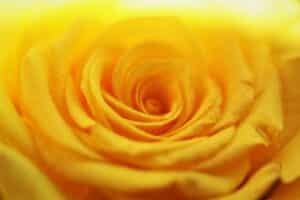
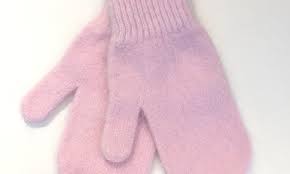
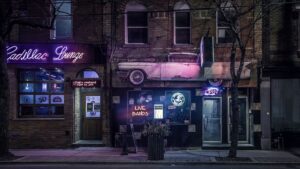
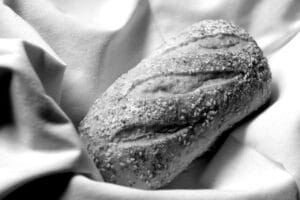
Thanks for sharing